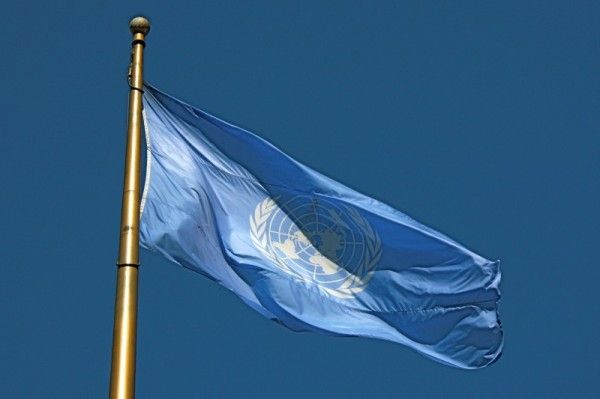What Does International Human Rights Day Really Mean?

Last Monday was the 64th International Human Rights Day, celebrating the adoption of the Universal Declaration of Human Rights (UNDHR).
Each year, the United Nation High Commissioner for Human Rights picks a theme for the anniversary. This year, the spotlight centered on the rights of all peoples—women, youth, minorities, persons with disabilities, indigenous peoples, and the poor and marginalized—to make their voices heard in public life and in the decision making process.
While governments around the world recognized the importance of this celebration, including the US government, International Human Rights Day really tends to be a grassroots movement that different groups use to highlight their issues.
Human Rights Watch, a New York based NGO, for example, focused on highlighting the role of businesses in promoting human rights and opened the Amsterdam, Brussels, and Paris markets of NYSE Euronext.
Meanwhile, the free Tibet movement gathered thousands of Tibetans and its supporters to highlight China’s occupation of their homeland. November saw an increase in mass protests in the region, including the self-immolation of twenty-eight Tibetans to bring international awareness to their plight.
In Michigan, amid protests against the government’s new legislation restriction unions, workers organized around the anniversary to explain that:
The right of workers to form and join trade unions to protect their interests is a universal human right recognized in both human rights and labor law and is binding on all states. Right-to-work laws prevent unions from fulfilling their duty to protect the interests of the workers. Laws aimed at weakening trade unions so as to prevent them from protecting workers interests, in ICLR’s opinion, must be considered illegal. Therefore, final passage of this legislation and/or Governor Snyder signing it abrogates basic human rights and labor law.
Perhaps most interesting, however, are the protests in Haiti. Groups in the small island nation are protesting outside the United Nations logistics base in Port-au-Prince. These groups, such as Fan Rezo BAI (Women’s Network of BAI), MOLEGHAF (Movement for Liberty and Equality by Haitians for Fraternity) and KONAMAVID (National Coordination of Direct Victims) are using the UN’s International Day of Human Rights to protest the cholera epidemic that UN troops brought to the country when they came to help after the earthquake. Unfortunately, the disease, which killed thousands, has not been adequately controlled or addressed by UN officials.
In the end, the diverse ways individuals articulate, advocate, and agitate for human rights highlight the myriad of ways that human rights groups use the UNDHR to promote for various causes, and the power this gives to the various movements to use international tools to lay claim to their own rights protection.
However, the proliferation of a human rights discourse also poses problems to these groups’ mobilization. If human rights are used to advocate for such a diverse use of rights discourse, does it lose some of its strength or organizing power to motivate real change?
This year’s all-encompassing theme is indicative of this conundrum since it addresses so many groups, but fails to highlight any one specific issue to bring the international community together.




